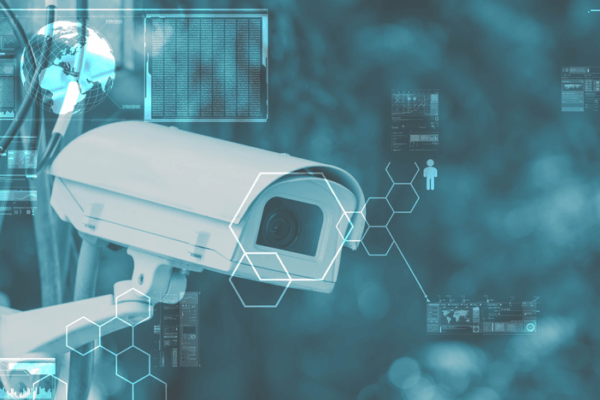NEW ORLEANS — The ACLU of Louisiana issued the following statement regarding the New Orleans City Council’s passage of an ordinance that reverses a 2020 ban on the New Orleans Police Department’s (NOPD) use of facial recognition technology. The new ordinance will allow NOPD to request access to facial recognition cell-site simulation technology when investigating a wide range of crimes. The decision comes on the heels of increased violence in New Orleans.
The statement is attributed to ACLU of Louisiana Advocacy Director Chris Kaiser.
“The surveillance ordinance adopted yesterday by the New Orleans City Council is deeply flawed. Both NOPD and sponsors of the ordinance have admitted that there is absolutely no evidence that reinstating facial recognition will help reduce violence. Our community members are justifiably concerned about violence, but this is not a viable solution to our problems.
“Additionally, those who support this ordinance claim that it includes oversight and ‘safeguards’ for our civil liberties, privacy, and racial bias. But it relies solely on NOPD’s promises to write their own rules and follow them. Supporters have opposed all attempts to amend the ordinance to include protections such as requiring NOPD to obtain warrants, allowing the public an opportunity to review the technology’s effectiveness, and requiring basic data collection. As it stands, nothing in the ordinance or NOPD’s guidelines can ensure the public will know if NOPD violates its policies, or that there will be a remedy for those civil rights violations. This gives them total power, and the lack of checks and balances is profoundly concerning.
“Based on consistent research showing racial and gender bias, the ACLU of Louisiana remains highly skeptical of facial recognition as a useful investigatory tool. However, while this ordinance is in effect, New Orleans residents deserve meaningful civil rights protections. This ordinance cannot be the final word on surveillance technology in this city. We urge City Council to take further action on this matter.”
###
Stay Informed
Sign up to be the first to hear about how to take action.
By completing this form, I agree to receive occasional emails per the terms of the ACLU’s privacy statement.
By completing this form, I agree to receive occasional emails per the terms of the ACLU’s privacy statement.

